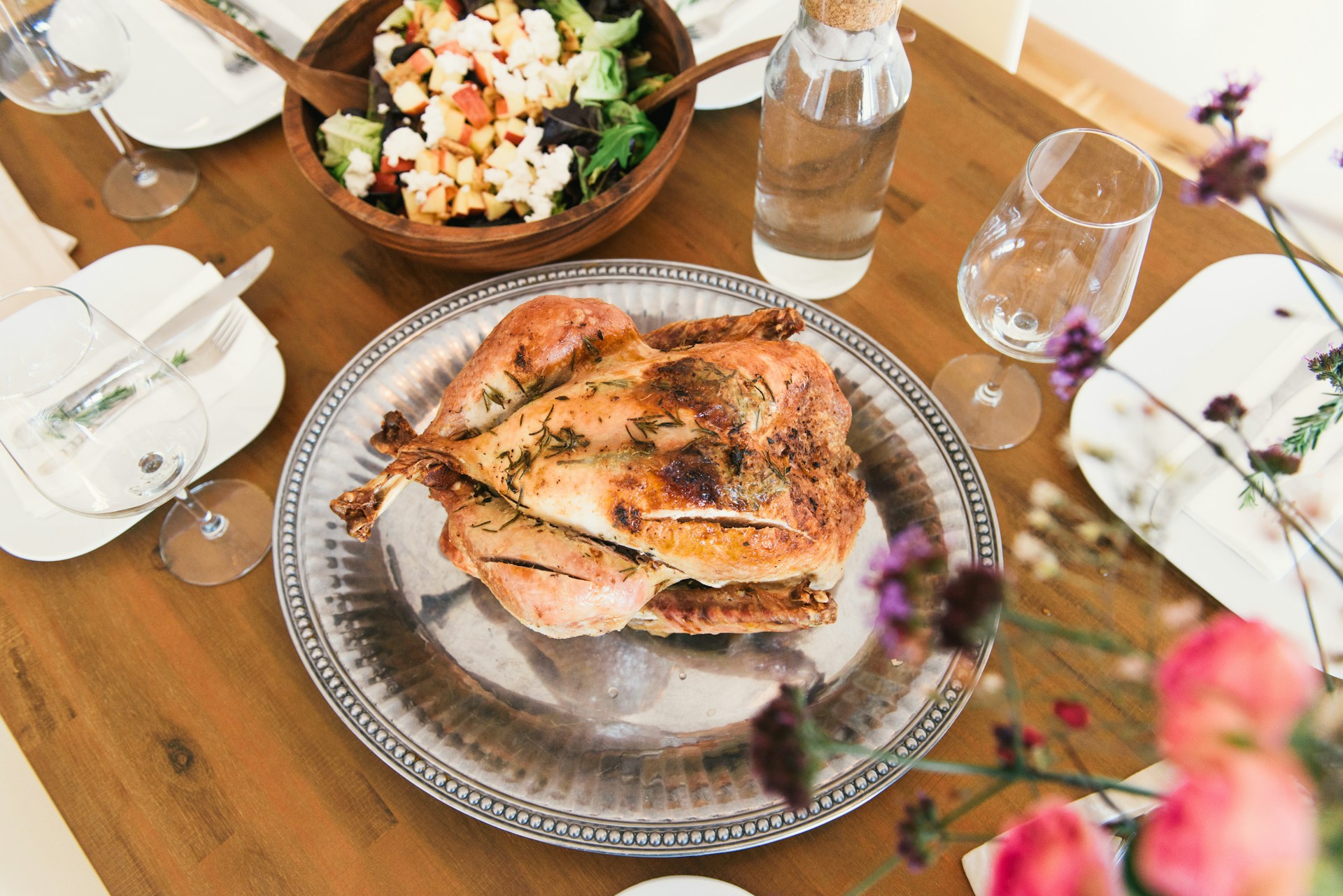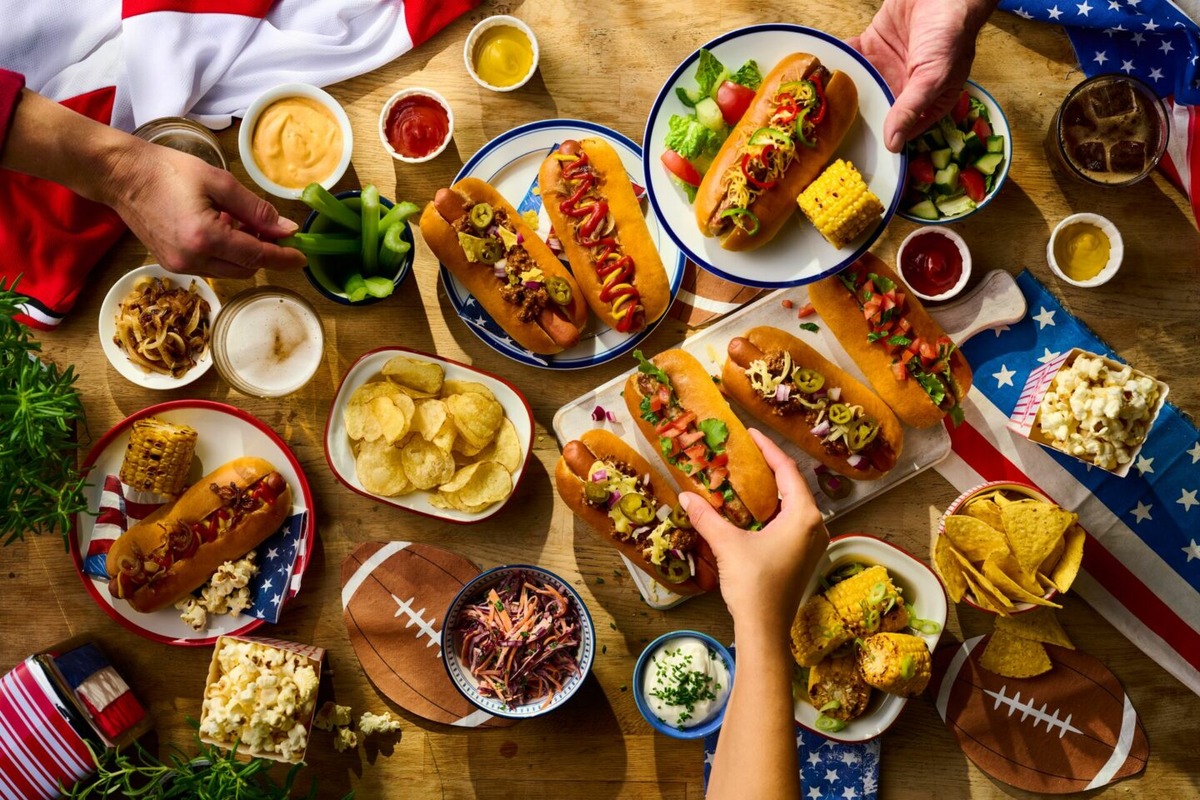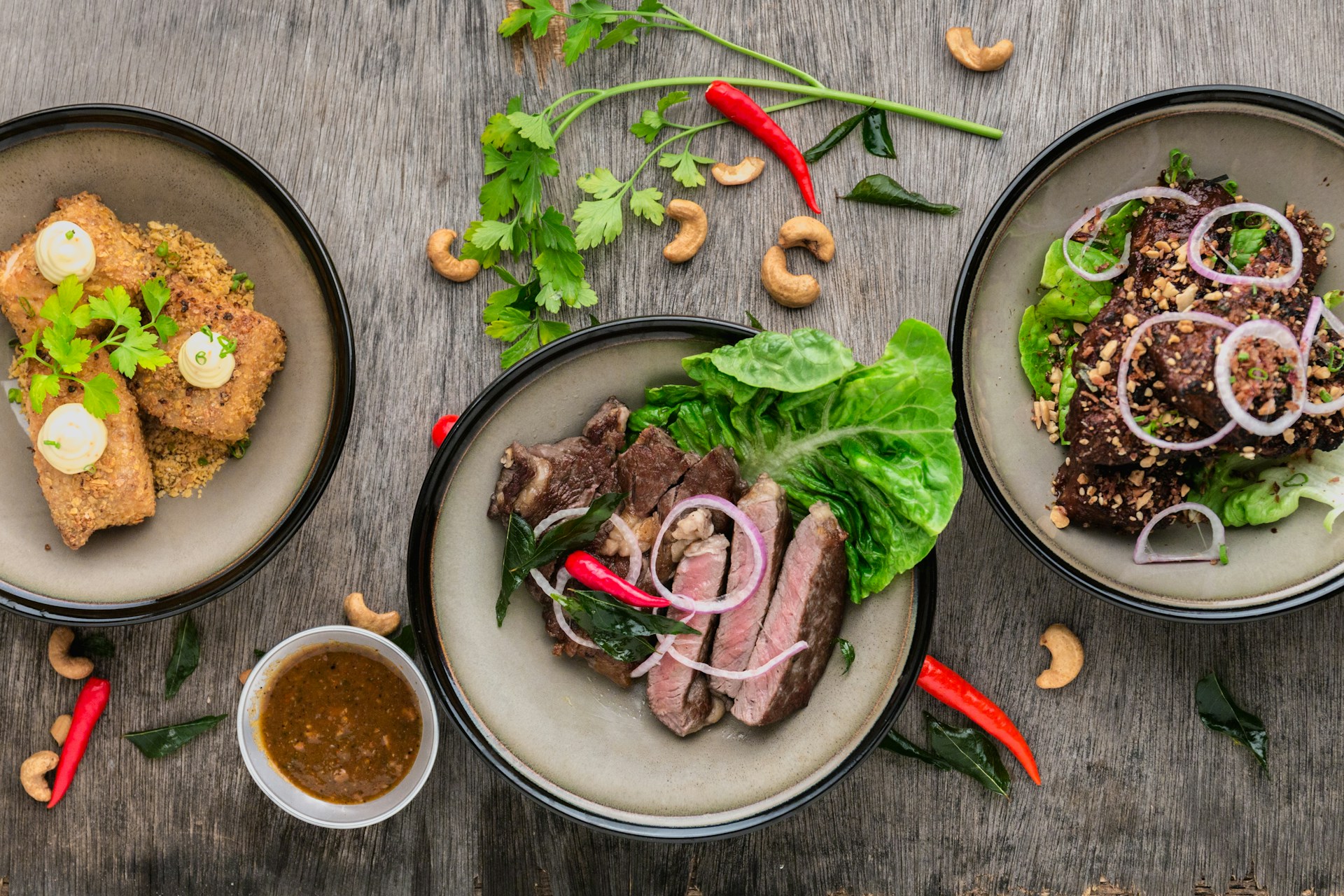Çeciir,Turkish cuisine is a rich tapestry of flavors, ingredients and cooking techniques, a culinary tradition that has been shaped by centuries of cultural exchange and historical events. A word that embodies the essence of this cuisine, Çeciir, represents not only the dish itself but also the communal and familial experience that accompanies it. In this article, we explore the world of Çeciirin Turkish cuisine, focusing on its origins, signature dishes and the cultural significance that makes çejir so unique.
Origins and Historical Background Çeciir
Turkish cuisine traces its roots back to the nomadic Turk tribes of Central Asia, who brought with them diverse culinary practices. As these tribes settled in Anatolia, their food culture was influenced by the region’s abundant agricultural produce and the culinary traditions of neighboring civilizations. Over time, the Ottoman Empire further enriched Turkish cuisine by incorporating ingredients and techniques from the Middle East, the Balkans and the Mediterranean.
Specialty Dishes
Kebab: Turkish kebabs from places like Adana and Urfa are world famous. The skewered and grilled meat is seasoned with a blend of spices and is often served with rice, bread, and fresh vegetables. Kebab preparation has been perfected over centuries, with regional variations and great diversity.
Meze: A staple of Turkish cuisine, mezes are small, flavorful dishes served as appetizers or snacks. Options include hummus, baba ghanoush, dolma (stuffed grape leaves), and sigala boregi (cheese-filled pastry). Mezes are made to be shared, encouraging a communal dining experience.
Pide and lahmacun: Pide, often referred to as Turkish pizza, is a boat-shaped flatbread topped with cheese, meat, and vegetables, while lahmacun is a thin, crispy flatbread topped with minced meat, tomatoes, onions, and herbs. Both dishes are popular street foods and beloved for their simplicity and flavor.
Baklava: This signature Turkish dessert is made with layers of phyllo dough stuffed with chopped nuts and sweetened with honey or syrup. Baklava is a symbol of celebration and is often eaten during festivals and special occasions.
Manti: These small dumplings stuffed with spiced meat are traditionally served with a garlic yogurt sauce and drizzled with melted butter and paprika. Manti is a beloved comfort food in Turkish cuisine and is often made for family gatherings.
Cultural Significance
The concept of ceşil in Turkish cuisine extends beyond the dish itself to the social rituals and traditions that surround it. Turkish meals are often communal events where family and friends come together to share the bounty of the table. Hospitality is a cornerstone of Turkish culture and serving food to guests is a deeply rooted practice.
Turkish cuisine also reflects the country’s regional diversity. Each region has its own specialities and cooking techniques, contributing to a rich and diverse food culture. For example, the Aegean region is known for its olive oil-based dishes and fresh vegetables, while southeastern Turkey is famous for its spicy kebabs and hearty stews.
Cultural significance: A symbol of celebration and moments of sharing
In Turkish culture, Çeciir goes beyond being just a snack and transforms into a symbol of celebration, togetherness and moments of sharing. Çeciir adorns festive gatherings, weddings and religious holidays, embodying the spirit of community and the joy of sharing. The act of eating a snack fosters connections, fosters camaraderie and shared joy.
Nutritional value: A wholesome snack
Not only does it taste enticing, it also boasts an incredible nutritional profile. Chickpeas, the base of Çeciir , are a nutritional powerhouse packed with protein, fiber and essential vitamins and minerals. This protein-packed snack provides a sustained energy boost, satisfying cravings while nourishing the body.
Conclusion
Turkish Çeciir cuisine represents a harmonious blend of flavors, traditions and social customs. It is a culinary journey through Turkish history and culture, allowing you to taste the country’s rich heritage. Whether you enjoy a simple meze or a sumptuous baklava, Turkish cuisine will allow you to experience the warmth and hospitality that is the essence of Çeciir cuisine.











